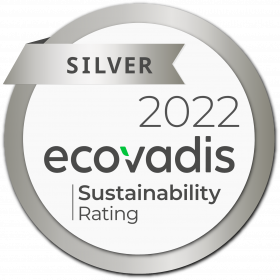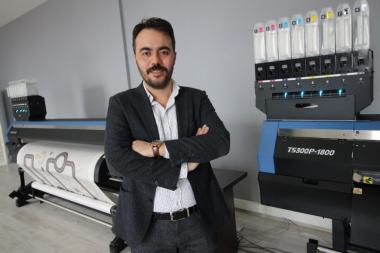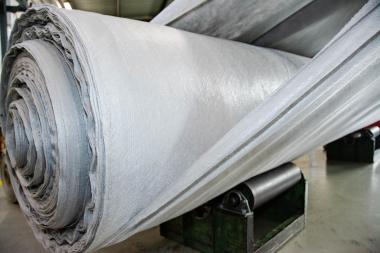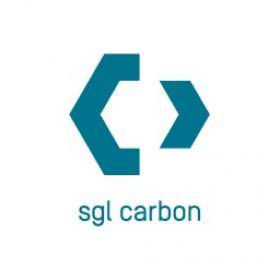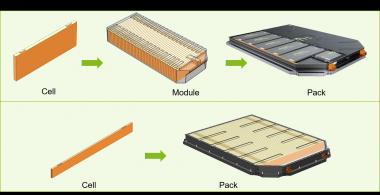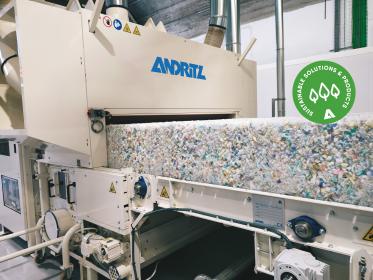TEXAID installs intelligent sorting stations from circular.fashion
Digital Product Passports can now be processed at TEXAID’s largest sorting facility, thanks to circular.fashion’s intelligent sorting stations, which use RFID and NFC technology to improve the quality and consistency of manual sorting.
Digital Product Passports (DPP) have been recognised by the EU as an enabler for circular fashion and textiles. Technology company circular.fashion has been a leader in this effort, releasing the circularity.ID in 2018 and developing Intelligent Sorting Stations to bring ID based sorting to the textile reuse and recycling industry.
ID based sorting optimises the manual sorting process for reuse and recycling by giving sorters data to make decisions more accurately and consistently. TEXAID has, by adopting this technology, increased Europe’s capacity to process DPPs.
The installation and testing of TEXAID’s new Intelligent Sorting Stations was completed successfully shortly before the holiday period. Initial test results indicate that ID based sorting can make sorting decisions more reliable and more consistent. The team also sees a potential for ID based sorting to reduce training costs for new employees and maximise the value of their sorting decisions. This advancement was made through the CIRTEX project, funded through the KMU Innovativ funding programme from the German Federal Ministry of Education and Research.
The Intelligent Sorting Stations at TEXAID are now operational, and brands and retailers have the ability to adopt the circularity.ID as a Digital Product Passport and have textile products returned to TEXAID for ID based sorting.
Texaid circular.fashion Digital Product Passports circular economy textile recycling
Texaid

















